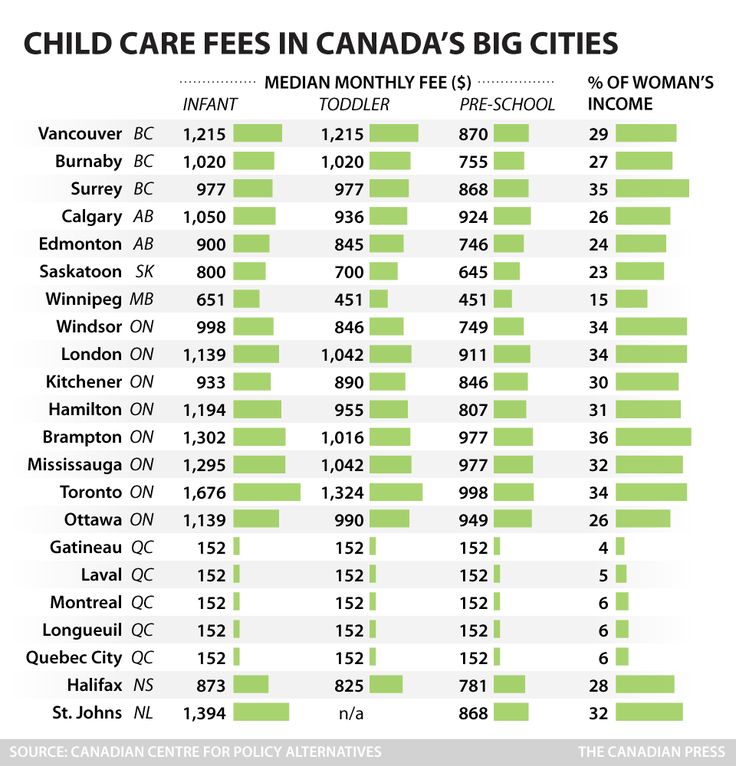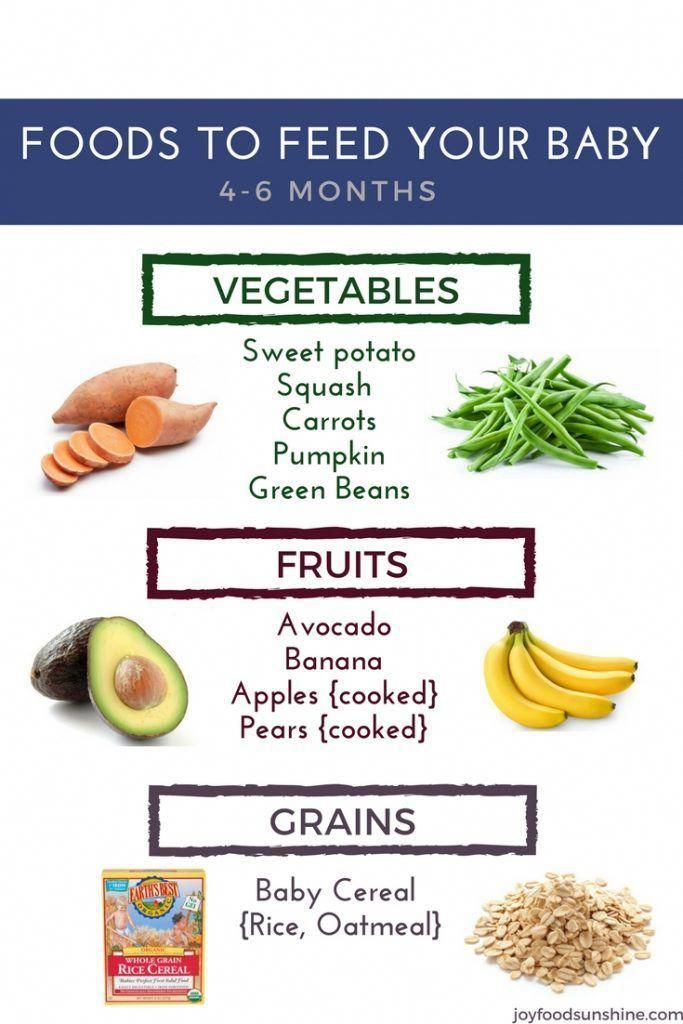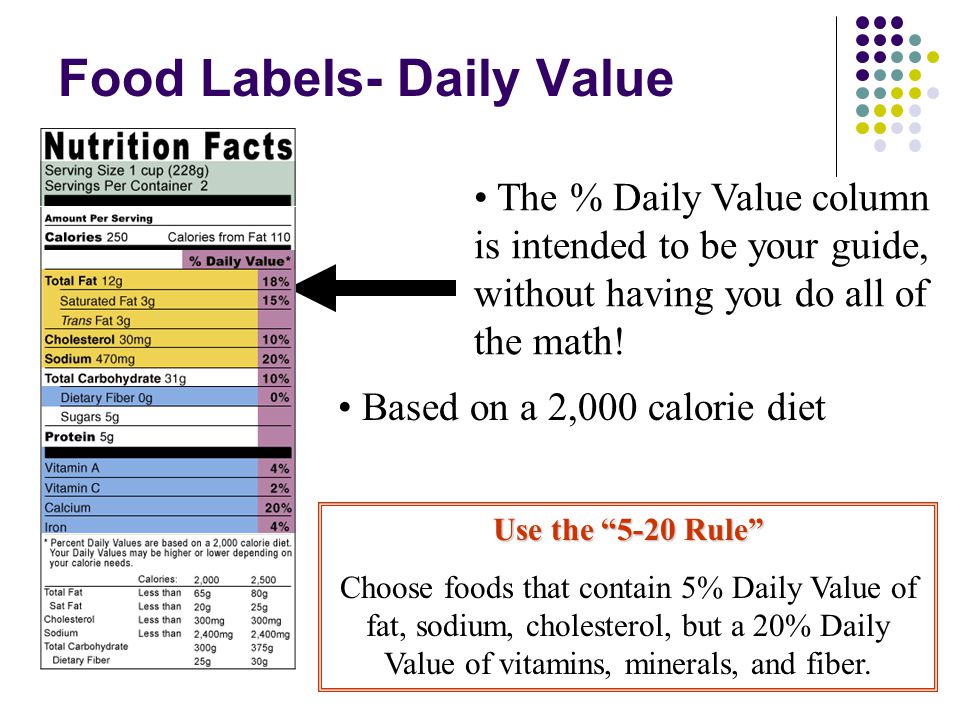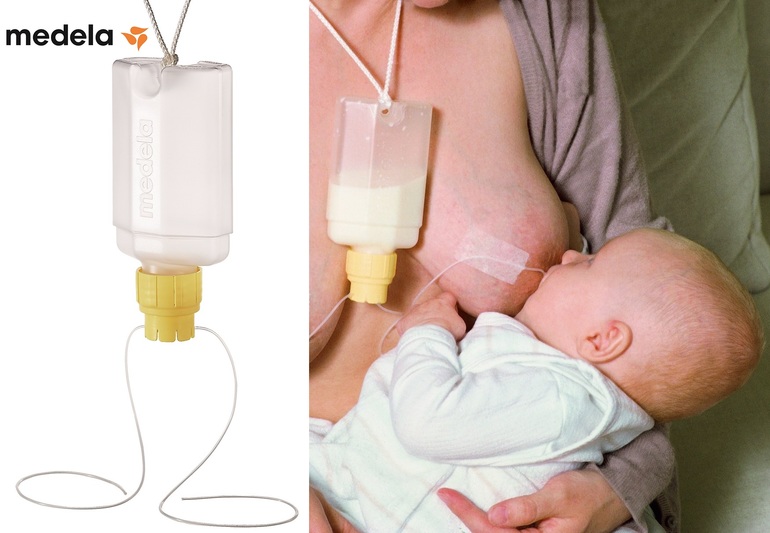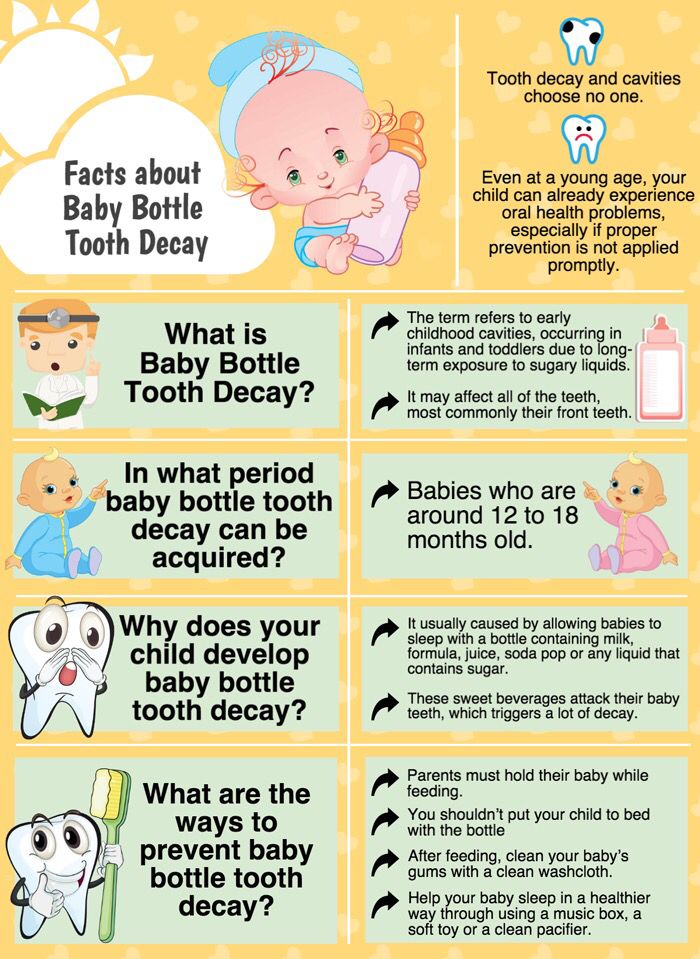Baby wants to feed all day
My Baby Wants to Breastfeed All the Time! Is This Normal?
Frequent Feeds Are Very Common!
In the first few days after birth, it is very common for newborns to feed constantly, probably around 12 or more times per 24 hours. Newborn babies drink very small amounts frequently in the first 1-2 days.
Most newborn babies only drink about a teaspoon (5-7ml) of colostrum at each feed on day one. This is just perfect as their tummy is about the size of a cherry and holds about 7mls at each feed on day one! Perfectly designed!
By day two you start to make a little bit more colostrum at each feed and this gradual increase in milk each day stretches bub’s tummy allowing them to drink more.
Colostrum is a sugary delicious drink but it is not jam-packed with fat at this stage, which means baby needs to keep feeding very often to stay full up.
Remember, every time your baby feeds it helps your breasts build your milk supply in the first month. As your milk increases in volume, from around day 3 onwards, you will notice your baby starts to have longer sleep periods of around 1. 5 – 3 hours mostly.
During the first month, newborn babies need to feed on average 8 – 12 times every 24 hours to ensure they are getting enough milk and that you stimulate the breasts enough to keep building your milk supply. One you have established a good milk supply in the first month you may find that your baby changes their feeding pattern again. Many mums report this happens around 6-8 weeks after birth.
After this first month, research has shown us that babies will breastfeed anywhere from 4-13 times every 24 hours, but most babies still feed on average 10-11 feeds every day.
Each mum and baby’s breastfeeding pattern is different and this is perfectly normal. It is just down to the levels of fat in your milk (and fat levels change throughout the day) and the amount of milk your breast can hold at each feed, as well as how your baby is feeling.
Babies Find Breastfeeding Relaxing
Most babies find breastfeeding very comforting and, just like if we feel upset a hug can do wonders. Likewise, a short extra breastfeed does the same for calming our babies!
Likewise, a short extra breastfeed does the same for calming our babies!
Do not compare yourself with another mum and baby’s feeding pattern. It will most likely be completely different from yours. Trying to “force” your baby into strict routines often brings with it tears and stress for mum and bub!
There are, of course, some mums who say that a routine was the best thing for their baby. But these babies are probably the very small percentage of babies who naturally feed every 4-5 hours and would’ve gotten themselves into a strict schedule anyway!
For most babies, a strict routine does not work! Try and go with the flow, listen to your baby’s cues for when they would like a feed and feed them. Just like us, they will not stick to the same “routine” every day.
I bet you didn’t have the same things to eat, in the same quantity, at the same time, with the same glasses of water, cups of tea or snacks as you have today! So why do we think this is normal for our babies?!
Cluster Feeds Continue After the First Few Days
Most mums report that their baby feeds frequently and is unsettled more so during the evening hours, most commonly between 6 – 10pm. Mums often say that their baby wants to be held constantly and feed “all the time” and that baby cries when put down in their cot.
Mums often say that their baby wants to be held constantly and feed “all the time” and that baby cries when put down in their cot.
This is a very normal and common behaviour for babies who are otherwise content during other parts of the day, feeding and gaining weight well and are generally healthy.
Babies do have these periods of cluster feeding, often most present between 2 and 9 weeks of age, but of course some babies will have these periods for several more weeks and still be totally healthy.
Researchers think it is a developmental stage that all babies naturally need to go through. There are a huge number of processes going on in a baby’s brain in the first year. Babies can easily get overwhelmed or dysregulated in the first few months in particular.
Babies who are overtired or overwhelmed, find it hard to calm down by themselves in the first few months of life and need someone to help them. And what better way to be calmed than having a breastfeed, which of course is not just food, but also a pain reliever and a happy hormone giver!
Also, being held and rocked allows baby to feel safe and warm, like being back in the womb. So, it makes sense that they need to be held and fed so much in the evenings after a big day in the big wide world!
So, it makes sense that they need to be held and fed so much in the evenings after a big day in the big wide world!
Normal Can Still Be Tiring!
Even though this is normal, it doesn’t stop it being exhausting. So, it’s important to note how you are feeling and coping.
Some of us have another person around to help us out, whilst other new mums have to manage alone during the cluster feeds. Regardless of your situation, it is important to realise that cluster feeding is normal.
If you are responding to your baby by holding them and feeding them, yet they are still crying in-between feeds you are not causing harm to your baby, you are still showing them love and they will calm when they are able to.
The other thing to remind yourself is that this is temporary. It is important to not place any demands on yourself during these times. Try preparing dinner at times in the day when baby is sleeping well and just re heat and eat when you can during the cluster breastfeeds!
If you have support, share the holding and rocking of baby with another person to give you a break. If you do not have supports around at that time, listen to your instincts; if you are starting to feel like it is all too much and you feel worried that you are not coping, place your baby safely in their bassinet and walk away to calm down for a few minutes, before coming back to hold baby again.
If you do not have supports around at that time, listen to your instincts; if you are starting to feel like it is all too much and you feel worried that you are not coping, place your baby safely in their bassinet and walk away to calm down for a few minutes, before coming back to hold baby again.
You could also try knocking on the door of your neighbour, who you know and trust, and asking them to hold your baby for 15 mins or so to give you a break.
Most people will understand and, if they have children, they will have gone through the same themselves. Doing this will not harm your baby, but, will give you time to relax a little and recharge.
If you are finding that you are not coping during other parts of the day then it is important to talk with your GP or contact PANDA http://www.panda.org.au/ for some extra help and support.
If you are concerned that your baby’s crying seems abnormal and you are worried if your baby may be unwell. Please get first line advice from these helplines (below). They will be able to give you support and further guidance:
They will be able to give you support and further guidance:
Health Direct helpline (covers all of Australia) 1800 882 436
Maternal and Child Health Nurse 24-hour helpline on 13 22 29 (if you are in the state of Victoria)
Other Things Which Can Help to Relax Babies During Cluster Feeding Times
Skin to skin contact
Having a bath with your baby – only do this if you have another person to help you and baby in and out of the bath and keep you both safe.
“Rocking your pelvis like Elvis” – Whilst holding your baby, try some rocking and swaying moves whilst holding baby either upright, over your arm like superman or in a cradle hold. Each baby will be different in the positions they prefer. You Maternal and Child Health nurse can show you positions for holding and calming babies.
Carrying your baby in a sling. This keeps baby nice and close and creates a womb like environment.
As you rock your baby make a loud “shuuusssshhhh” noise.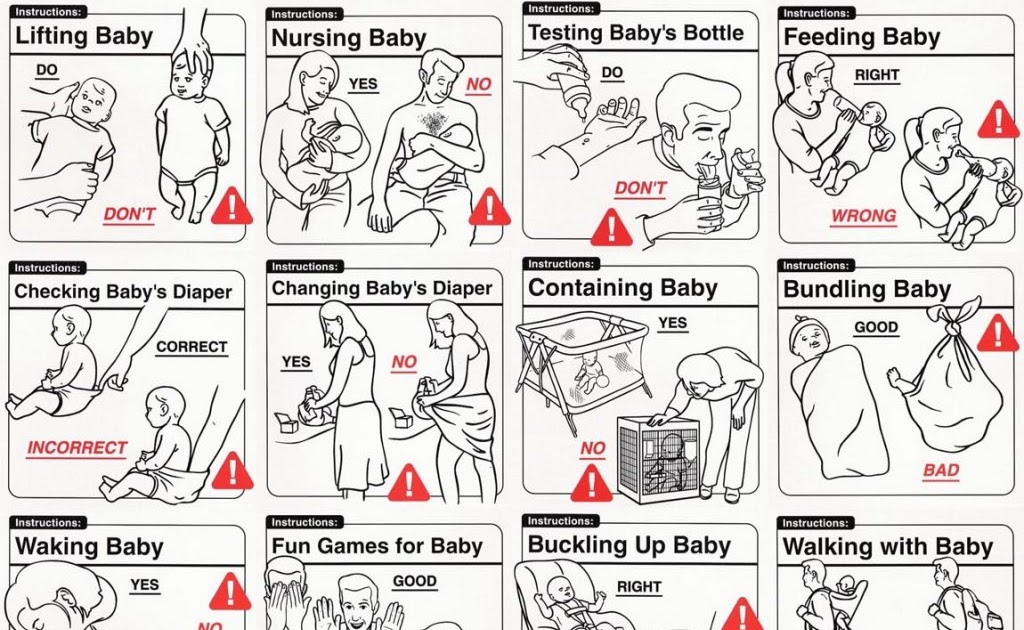 This is actually calming for babies as it mimics the sounds of being inside the womb.
This is actually calming for babies as it mimics the sounds of being inside the womb.
Try taking 5 deep breaths with your eyes closed before breastfeeding baby to ensure you are relaxed and not tense.
Make sure you get extra sleep in the day time, even if you don’t feel like it make sure you lay down in a darkened, quiet room to rest your body and brain. Over the next few days you’ll soon be drifting off to la la land easily.
Lastly, remember that you cannot spoil a baby by holding them too much. All the information about spoiling babies came out of textbooks written in the early 1900’s!
We have known for years and years that holding and listening to your baby’s needs is the best thing to do, yet we still hear this very bad advice! So listen to your gut instinct and cuddle, love and feed your baby as they need it. This phase will pass and get easier over the next few weeks.
For more information head over to our Medela Australia Facebook page.
Do you ever feel like your baby wants to feed all the time, especially at certain times during the day? Let’s have a chat and support each other!
Baby Wants to Breastfeed Constantly
Struggling when your baby wants to breastfeed constantly but falls asleep or is still hungry? See why this is normal and what you can do.
“Maybe he’s hungry.”
The dreaded three words. I’d shoot dagger eyes whenever anyone suggested feeding my baby during those first few weeks of bringing him home.
Anyone caring for a newborn has it hard, but unlike other adults, newborn moms struggle even more. For one thing, we’re often healing from the physical pains of childbirth. We’re also extra emotional from the hormonal changes that happen overnight.
But for breastfeeding moms, one reason we’re especially exhausted is because we’re the only ones who can nurse the baby.
Anyone can change his diaper, rock him when he’s fussy, or even run errands. But as the sole source of his food intake, breastfeeding newborn moms have an added responsibility no one else can do.
This is all fine if he can sleep between nursing sessions, but not exactly comforting when he wants to breastfeed constantly, every hour at that.
Maybe your baby cries to nurse in what seems like just minutes since you last fed him.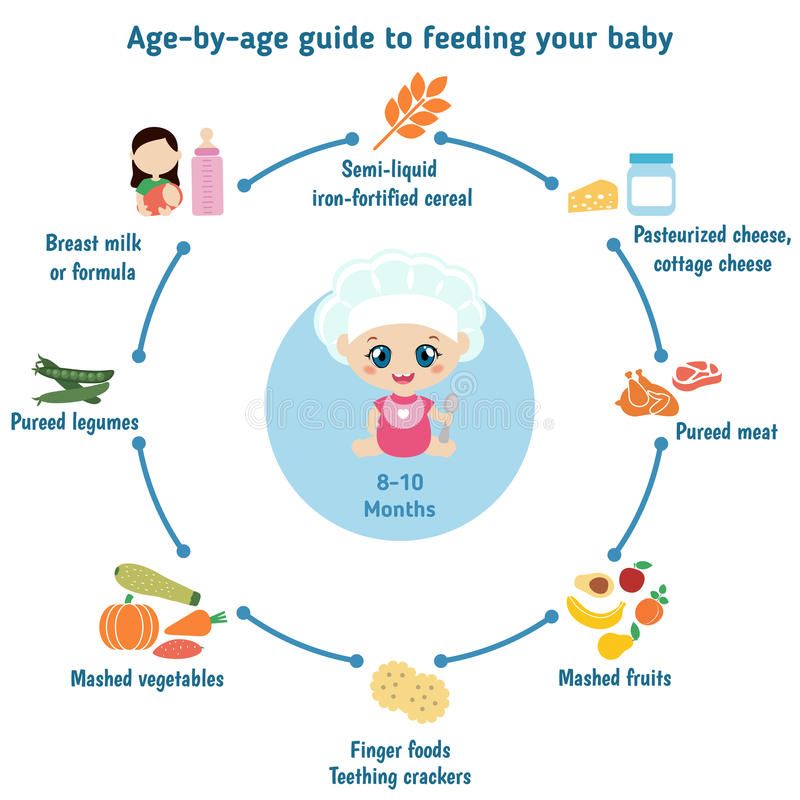 He doesn’t just feed for a few minutes, either—he often refuses to let go and prefers to continue sucking. And he cries when you detach him from you… and won’t stop until he’s nursing again.
He doesn’t just feed for a few minutes, either—he often refuses to let go and prefers to continue sucking. And he cries when you detach him from you… and won’t stop until he’s nursing again.
Swaddling, singing, rocking, changing diapers, baths—none of these come close to getting him to stop crying the way nursing does. You’d rather not use a pacifier because you’re scared of nipple confusion or that you’d have to wean him off of that down the line.
You’re adamant about not letting him cry, considering how young he is. Even if your baby wants to breastfeed constantly, he still falls asleep during nursing sessions. And when you’re already suffering from post-partum emotions, it’s no surprise you sometimes cry along with him.
Table of Contents
What to do when your baby wants to breastfeed constantly
I know all too well how isolating it can feel when your baby wants to breastfeed constantly, on top of not sleeping well. When he nurses for a long time, only to spit up and make you wonder the whole point of it.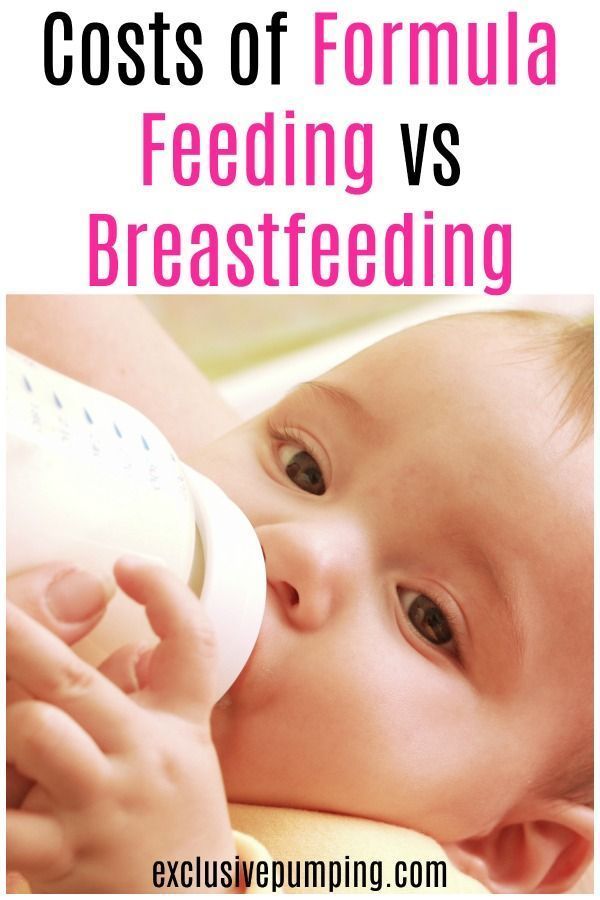
Those first few weeks can be some of the most challenging, not only from the physical discomfort of breastfeeding, but how “glued” you feel to him. When he cries for you all the time for comfort nursing, it’s enough to make you feel like life is never going to be the same again.
Rest assured, you’re not alone, friend. And better yet, how you feel now won’t go on forever. I’m not talking when your baby is already a toddler—I’m talking even just days or weeks from now.
Because when you’re in that moment, it’s easy to feel like there’s no end in sight to the constant nursing. But take a look at the tips below on how to make this stage go much smoother for you and your baby:
1. Feed on demand (don’t worry, it won’t be forever)
I made the mistake with my eldest and tried to implement a feeding schedule. I was so sick and tired of constantly nursing, especially when it seemed like I had just fed him so recently. There’s no way he’s still hungry again, I justified.
Later, when I breastfed my twins, their pediatrician recommended I feed on demand. “Babies usually cry because they’re hungry,” she said. So, while babies sometimes do cry because of a dirty diaper or uncomfortable clothing, more often than not, they cry because they want to eat.
Since I was already a “second-time” mom by that point, I was more open to feeding on demand. I knew that cluster feeding, however challenging, was temporary.
Rest assured, feeding on demand won’t lead to bad habits you later have to undo. Your baby will eventually settle into a pattern, even if you feed him often in the earlier weeks. When you’re struggling through those constant feedings, remind yourself that this is temporary.
Free resource: Do you struggle with getting him to sleep? His awake time might be affecting how well he sleeps. Join my newsletter and get One Mistake You’re Making with Your Baby’s Awake Time—at no cost to you. Don’t make the same mistakes I did—help him fall asleep with this one simple trick! Grab it below:
2.
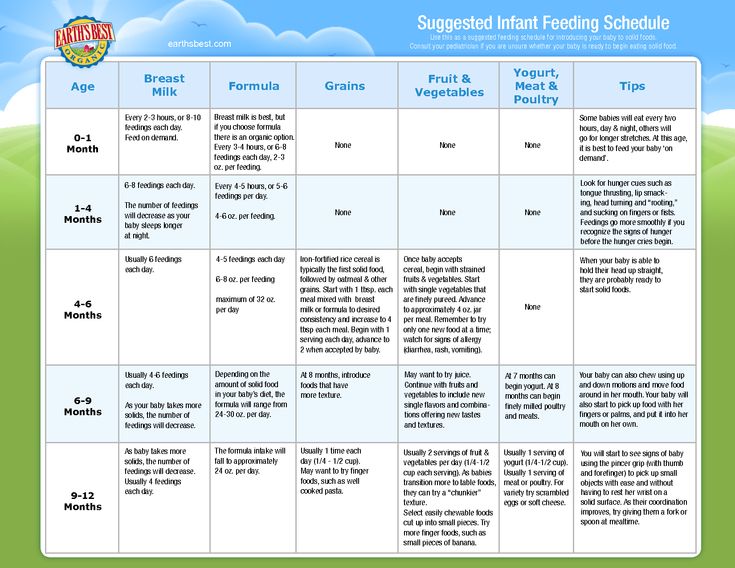 It’s normal for breastfed babies to nurse often
It’s normal for breastfed babies to nurse oftenDid you know that the day your baby is born, his stomach was likely the size of a cherry? By day three, it grows to the size of a walnut, able to take in one additional ounce of milk. And by one week, it grows to the size of an apricot, ready to take in two ounces of milk.
At such small sizes, you can see why babies eat often.
Unlike formula, breast milk also digests easily, which means it passes through their already tiny stomachs quickly. No wonder babies need to feed frequently.
Whenever you’ve just about had it with having to nurse your hungry baby yet again, remember that it’s normal for him to feed that often.
Learn how to handle a newborn constantly feeding.
3. Check if your baby is drinking or sucking
While you want to feed on demand, you may not want to be your baby’s “pacifier” the entire day. You see, there’s a difference between him actually drinking milk or simply sucking for comfort. And unlike milk or formula in bottles, there’s no visual way to tell if he’s doing one and not the other.
And unlike milk or formula in bottles, there’s no visual way to tell if he’s doing one and not the other.
Fortunately, there are a few ways to check:
- Look at his throat to see if he’s actually swallowing milk. Swallowing makes his throat move as he passes the milk from mouth to stomach. Sucking, on the other hand, only needs his mouth to move.
- Listen for a swallowing sound. You’ll likely hear a small swallowing sound as he takes in the milk, as opposed to simply sucking with his mouth.
- Keep your baby awake. Prevent him from falling asleep while nursing to ensure that he’s eating during this time.
4. See frequent nursing as a
good thingOne of the most powerful parenting principles I’ve learned is the simple act of choosing where to put your attention.
Yes, your baby wants to breastfeed constantly — you may not be able to control that. But what you can control is how you respond. One option might be to feel resentful or see this as another nuisance. Another one is to see frequent nursing as a good thing.
One option might be to feel resentful or see this as another nuisance. Another one is to see frequent nursing as a good thing.
You see, this is likely his way of making sure your body is producing enough milk. He may be going through a growth spurt, one that requires more milk than what you may have been used to providing.
So much so that his frequent nursing isn’t so much a hassle as it is a pretty efficient way of increasing your milk supply. Or that he’s about to reach a new milestone you’re more than ready to welcome. Perhaps this is his way of stretching his nighttime sleep.
Frequent nursing—however time-consuming it can be in the moment—can often be a sign of a good thing… if you’re willing to see it that way.
5. Use a pacifier
Disclosure: This article contains affiliate links, which means I will earn a commission—at no extra cost to you—if you make a purchase.
I was adamant about not using a pacifier, what with nipple confusion adding yet another obstacle that would make breastfeeding harder.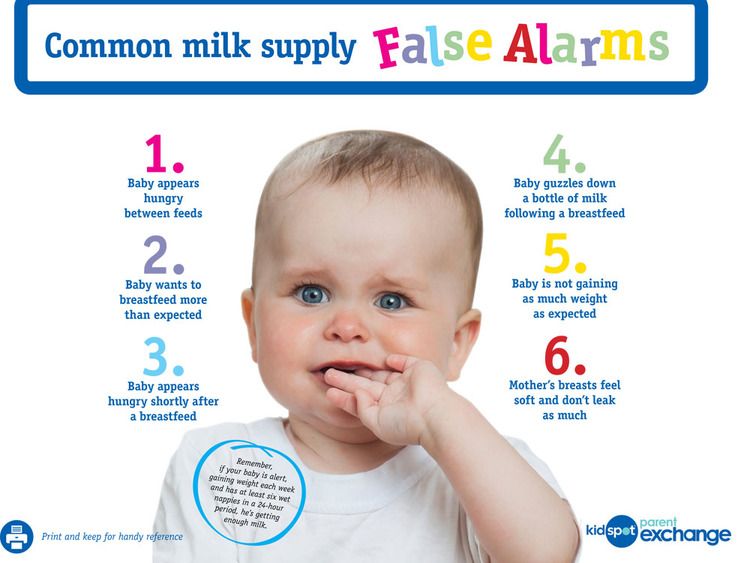 I also knew parents with toddlers too attached to pacifiers, or of newborns waking up screaming after their pacifier had fallen out.
I also knew parents with toddlers too attached to pacifiers, or of newborns waking up screaming after their pacifier had fallen out.
Except I later learned that my fears were bigger than they needed to be.
For one thing, if your baby wants to breastfeed constantly, he’s probably at a point where he won’t be confused between pacifier, breast, or bottle. If you want to make certain though, I’ve heard that three weeks is a good time to introduce either a pacifier or a bottle.
And second, even if you do have to wean him off of pacifiers down the line, at least you’d have saved yourself hours of lost sleep before then. Because you can always sleep train him out of these habits—there’s no need to suffer all these months in the meantime.
HEVEA Natural Rubber Pacifiers
6. Find entertainment
I was late to the game when it came to smartphones, so much so that it wasn’t until my twins were born that I made full use of having one. When the frequent nursing got to be too much, I kept my sanity by binge-watching shows on my little smartphone.
I’d hook up the earphones and watch all sorts of episodes, from dramas to comedies. They made nursing sessions more bearable, and kept me from feeling like I was just “sitting there,” idling away. Not keen on television or movies? Use the time to read a book, listen to a podcast, or flip through magazines.
Get 9 tips on staying motivated to keep breastfeeding.
7. It’s okay to supplement
There, I said it.
So, I’m a big proponent of breastfeeding… but only if mom is happy. With my eldest, I was so bent on breastfeeding that I’d sometimes feel like a failure or even resent my baby for the frequent feedings.
And sure, I was able to get to the place where breastfeeding became easy, and I’m grateful and proud I was able to exclusively breastfeed him for a whole year.
But then I had my twins a few years later.
And at the hospital, one of my twins was born so small that he wouldn’t have been able to go home with us if he didn’t gain enough weight.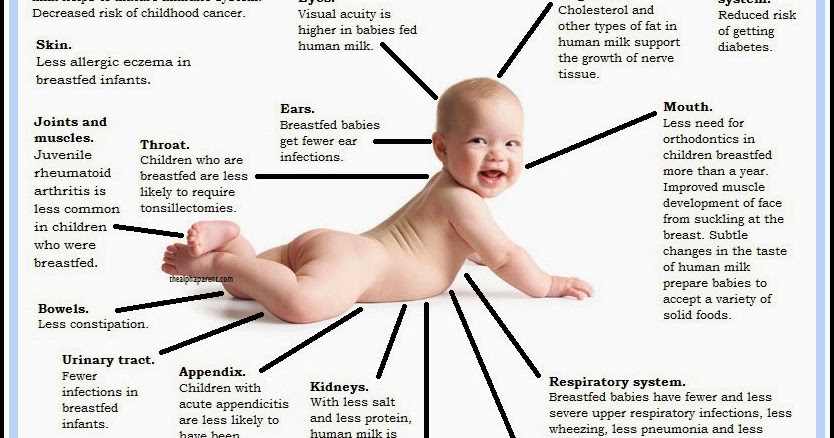
Between supplementing with formula and bringing him home, I didn’t even bat an eyelash.
Feeding him formula on top of breastmilk allowed him to gain the weight he needed to and come home with his twin brother. Formula also saved my sanity—and allowed my husband to help more directly—during a few middle-of-the-night feedings.
In other words, yes, breastfeed as much as you can, even past the discomfort stage, knowing that frequent feedings mean a steady milk supply.
But… if you find yourself miserable, or, like me, in the middle of a not-so-hard decision, it’s nice to know you have other options, too.
Conclusion
It’s exhausting when your baby wants to breastfeed constantly, but as you can see, not impossible.
Having the right mindset allows you to feed on demand and see frequent nursing as a good thing. Check if the baby is actually swallowing—because if he’s simply sucking, offering a pacifier can free you up.
Then, remember that it’s normal for breastfed babies to nurse often, and that you can always rely on entertainment to make the time pass quickly. Reassure yourself that he’ll eventually learn how to stop cluster feeding when the need decreases.
Reassure yourself that he’ll eventually learn how to stop cluster feeding when the need decreases.
And finally, don’t beat yourself up if you need to supplement, especially if you’re downright miserable about the frequent feedings.
If I could go back, I’d likely tell my earlier self to go easy on myself. That it’s okay to feed frequently, that it’s temporary, and that I’m doing a good job despite how I might feel.
And that the next time someone suggests that my baby might be hungry, I won’t shoot dagger eyes their way for saying so.
Get more tips:
- Burping a Newborn After Breastfeeding: Necessary or Not?
- Essential Breastfeeding Supplies You Need to Have
- When Does Breastfeeding Get Easier? Top Tips to Ease the Pain
- Scared to Breastfeed? 7 Reasons That Will Tame Your Fear
- Why You Shouldn’t Feel Guilty for Not Breastfeeding
Don’t forget: Join my newsletter and get One Mistake You’re Making with Your Baby’s Awake Time—at no cost to you:
If the child does not eat well: what to do and what not to do
What to do if the child does not want to eat.
- Malyusik, well, one more spoon - and that's it! Last! I ate only two, let's have a little more, here's the most delicious piece for you! - says the average mother, offering a spoon with one hand, playing the accordion with the other, showing the trick with the disappearance of the handkerchief with the third, turning the cutlets over with the fourth, while doing somersaults on one leg.
Sound familiar?
Every dad has an instinct to bring home food, and mom has to feed the baby food. And if he refuses to eat, a signal is triggered - "I'm a bad mother" or "the child is sick."
In this case, the most important thing for a parent to understand is whether the child DOES NOT WANT or CANNOT eat?
If the baby is running around, having fun and looking good, without showing any signs of illness, then most likely he does not want to eat. There can be many reasons:
- A breastfeeding child prefers milk and dairy products, intuitively understanding that he needs calcium, and now milk is healthier for him than soup.

- The child wants a cookie, not vegetables.
- He really wasn't hungry. For example, his metabolism is slow, breakfast has not yet been digested, and lunch is already being offered. Or the child was sitting in front of the TV after breakfast and his appetite had not yet had enough time to play out. Compared to the boy next door who was outside all day.
- If a child is not genetically destined to become Uncle Styopa, then he can eat much less than his peer, who has tall parents.
- Psychological problems. If earlier you accidentally gave your child a bitter cucumber, then he may refuse any green food. Or you yell at the child during the meal, and for him the food is perceived as a trauma.
If your child is lively, but at the same time he has a "bad appetite", then this is not his problem, but yours - the psychological problem of an unsatisfied instinct. If a child jumps, jumps, he has healthy nails, hair, etc., think less about what he lacks.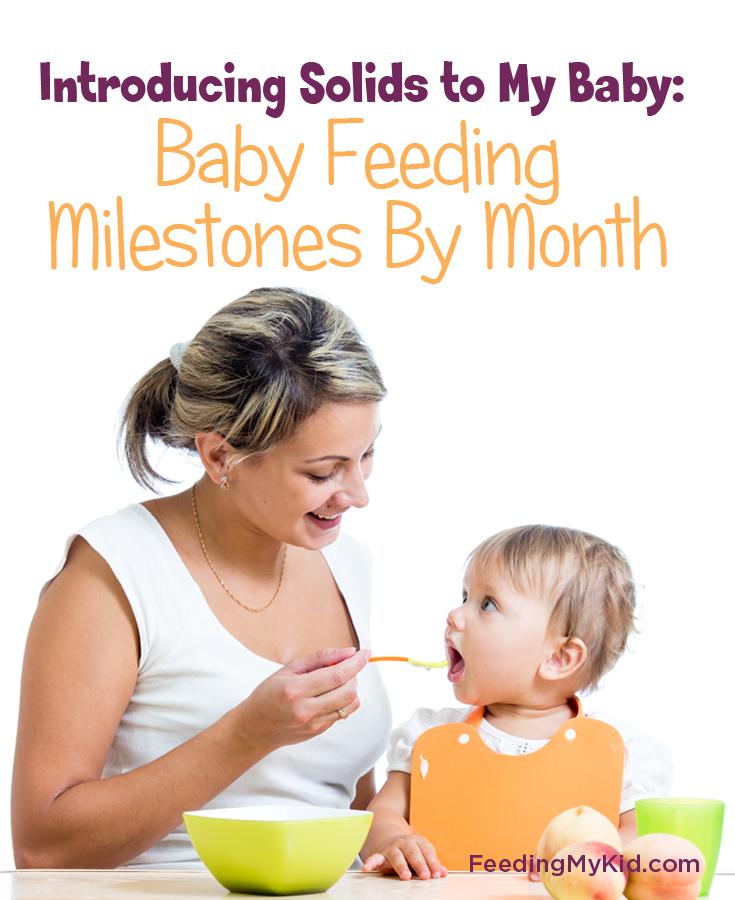 Better think about something nice))
Better think about something nice))
An active child = not a hungry child.
Wait for the natural desire and correctly distribute energy costs - walk more often, send the child to the sports section, or simply say: “If you don’t want to, take a walk, dinner is not earlier than seven and no snacks.” That is, if your child simply does not want to eat, normalize feeding - strictly at a certain time and without snacks. The body will get used to secrete gastric juice strictly according to the schedule.
And one more thing. There are no rules about how much a child should eat. He can eat a kilo (and make you very happy) and 9Send 00 grams to the toilet. Or eat 100 g and learn everything.
But it is much more difficult if the child CANNOT eat.
Causes:
- If you are breastfeeding, you may have “tight breasts”, when it is very difficult for the baby to suck milk.
- The child has a runny nose, and when he eats, he begins to choke.
- Food hot, cold, sour, bitter.

- He has sores in his mouth (for example, from toys), and they hurt when food gets on them.
- Teeth are cut, gums hurt.
- Bowel problems. The stomach starts to hurt while eating.
- The child simply fell ill (cold, SARS, poisoning, influenza, etc.). If the child is sick, and he is not dystrophic, then you should not force him to eat. The body fights infections better when it's hungry. But be sure to drink.
If a child at first shows appetite and interest in food, but refuses to eat through a spoon or two, then, most likely, the process of eating causes him certain difficulties.
If the baby CANNOT eat and you can't identify or eliminate the cause, the best thing to do is contact your pediatrician. The doctor will accurately determine the problem and give the necessary recommendations.
Our clinic has a wonderful pediatrician Yuliya Vladimirovna Sinyagina with 17 years of experience! You can sign up to her))
Bon appetit everyone! As well as strength, patience and satisfied instincts!
Back to article list
Nine reasons why a child does not want to eat
Komsomolskaya Pravda
Dom. FamilyMom and babyMom and baby: HealthHealth: parental advice
FamilyMom and babyMom and baby: HealthHealth: parental advice
Anna GERASIMENKO
October 18, 2013 19:10
Small-minded or capricious? Are you afraid or just don't like it? Protests or never been hungry? We are sorting out with a psychologist why children may not have an appetite
- I won’t eat your porridge until you buy me a hundred thousand Barbie dolls! Photo: Mikhail FROLOV
“A spoon for mom, a spoon for dad ... Eat porridge, otherwise you grow up… If you don’t eat, we won’t allow you to watch the cartoon…” With persuasion, threats, tricks, with songs and dances, parents try to feed their kids. Studies show that 20 to 60 percent of preschool and school-age children have nutritional problems. More than half of 4-5-year-olds are considered small-toddlers, and among nine-year-olds, 48 percent of children do not eat well.
Feeding problems in childhood can lead to growth failure, eating disorders, and learning difficulties in the future.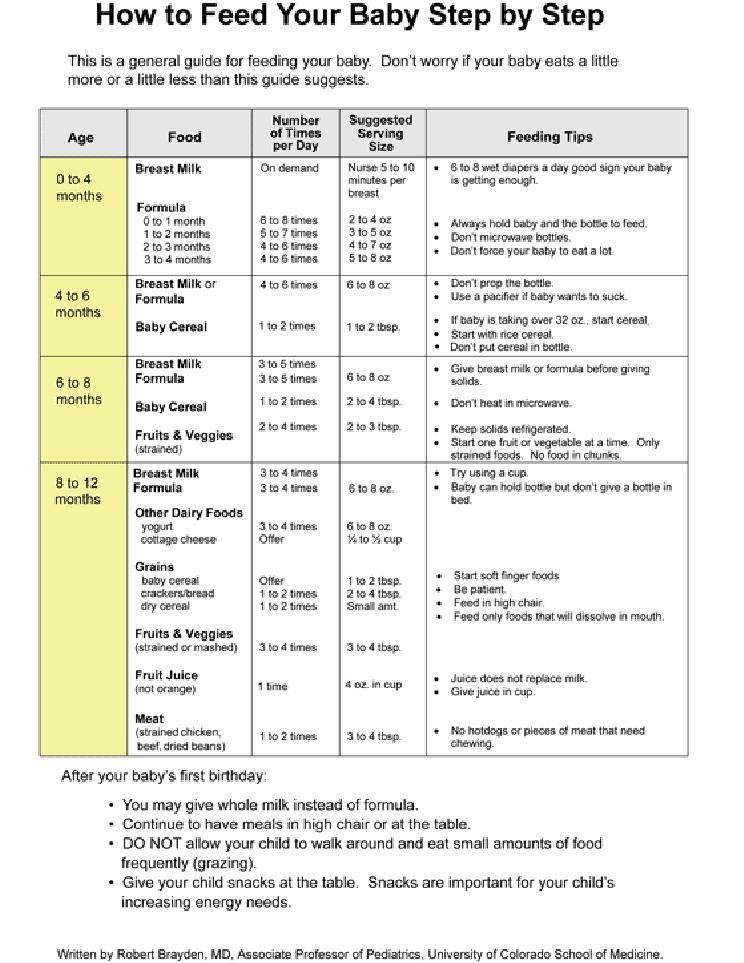 Why don't they eat? Someone doesn’t need much, someone is bored or anxious at the table, someone plays on mom’s nerves like that, and someone can’t do without the help of a neurologist. Together with psychologist Natalya Petrovna GRISHAEVA let's try to figure out what problems can deprive a child of appetite?
Why don't they eat? Someone doesn’t need much, someone is bored or anxious at the table, someone plays on mom’s nerves like that, and someone can’t do without the help of a neurologist. Together with psychologist Natalya Petrovna GRISHAEVA let's try to figure out what problems can deprive a child of appetite?
REASON 1 Classic little baby. He is thin, all in the parents. And he doesn't need a lot of food. WHAT TO DO: Watch your weight, consult a pediatrician and try to "invest" all the necessary vitamins into that small amount of food.
REASON 2 Protest. The most common reason. Even adults express their protest by hunger strike. The subtext is simple - I will die if you do not do what I want. Children have similar blackmail - pay attention to me! But the reasons for the protest may already be different: - The child attracts attention. Perhaps the situation in the family is not easy - mom and dad are arguing, or divorce, or parents are always at work and devote too little time to the child.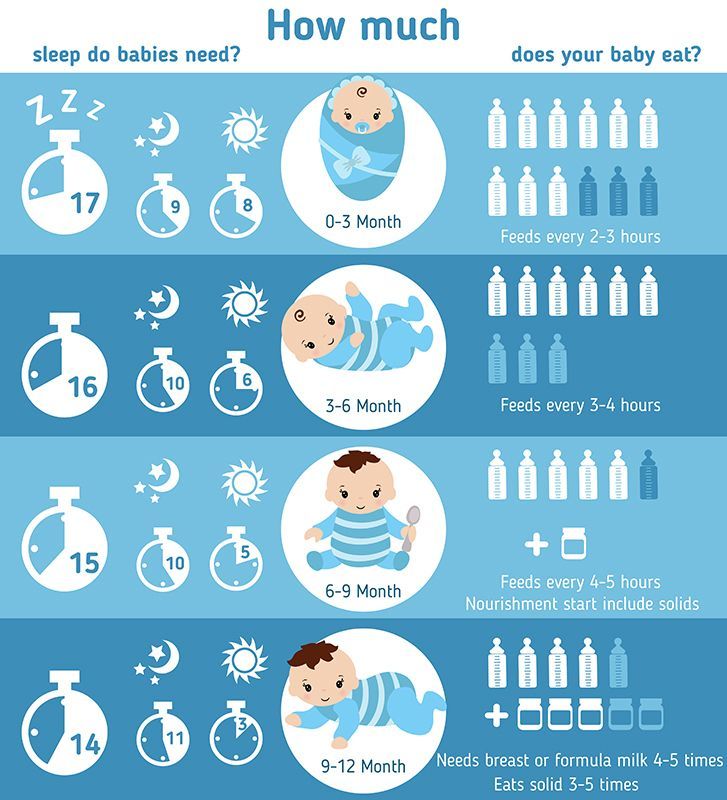 "I'll stop eating and they'll notice me." - The child in the family is adored and pampered. He is capricious, selfish and used to being able to behave as badly as he likes, they will forgive him anyway. But children have a sense of inner justice. And in the soul, the child wants to be paid attention to his leprosy, so that everything is “like with people” - he was guilty - punished. He knows what disobedience, like refusing to eat, parents will not be able to forgive. - In the family, the heir is treated too strictly or even cruelly. Everything is forbidden to him, he is scolded for everything. How can a child punish a parent? In their own ways - do not sleep, "walk" in your pants or not eat.
"I'll stop eating and they'll notice me." - The child in the family is adored and pampered. He is capricious, selfish and used to being able to behave as badly as he likes, they will forgive him anyway. But children have a sense of inner justice. And in the soul, the child wants to be paid attention to his leprosy, so that everything is “like with people” - he was guilty - punished. He knows what disobedience, like refusing to eat, parents will not be able to forgive. - In the family, the heir is treated too strictly or even cruelly. Everything is forbidden to him, he is scolded for everything. How can a child punish a parent? In their own ways - do not sleep, "walk" in your pants or not eat.
WHAT TO DO: Do not be frightened, do not beg, do not do everything that asks, do not threaten, but figure out why the child is protesting? What's wrong?
REASON 3 The child is not comfortable at the table Maybe he is forced to eat with a knife and fork, or he is constantly scolded for eating ugly or carelessly. Maybe someone at the table is chomping, and it’s just unpleasant for the baby to watch - the appetite disappears. Maybe at the table, mom and dad usually start to sort things out.
WHAT TO DO: Take care of yourself and postpone all quarrels, do not scold the baby when he squishes, but praise him when he holds the fork beautifully. If the baby is uncomfortable eating with someone who is squishing, feed him separately, it's okay. And do not scold the little one if it gets wet or dirty - it’s better to put an apron on the eater in advance, cover your knees with a napkin - let him enjoy the taste of food without worrying about the rules of etiquette yet.
REASON 4 I'm used to eating with amusements While a child picks pasta in a plate, dramas and comedies are played out at the table by mom-dad, grandparents. Songs, dances, puppet theater, cutlets are drawn on the board and crossed out with each bitten piece. The child gets used to being entertained, and simply eating is no longer interesting for him. The same with cartoons. Of course, it is easier for parents when a child, having looked at the TV, crushes everything without looking. For children, the process of eating may seem boring - you have to sit, you have to try to wield spoons and forks, it seems to them that they are just wasting time, and it is much more fun to “spend” it with cartoons.
WHAT TO DO: Do not distract from food and do not eat in front of the TV. It is better to chat during lunch or dinner, come up with a ritual, for example, you tell each other about your best moments of the day at the table, or give each other advice. Doctors are sure that it is important not to be distracted from food so that it is properly digested, and you get all the energy you need.
REASON 5 Fear As a rule, these are neurotic reactions caused by some events that frightened the child while eating. For example, a fish bone is stuck in the throat or the baby vomited when he ate something, etc. The child may not remember what exactly scared him, but the “sediment” remained. WHAT TO DO: Do not force, do not shame, do not scold. Understand, look for the cause. And then, it is desirable to get rid of fear together with a psychoneurologist.
REASON 6 Not tasty Such children are called capricious, but perhaps they eat only the usual food - pasta and sausages or potatoes and chicken... Arriving at a hotel or visiting someone, the baby does not find his own food and can refuse any other. WHAT TO DO: Try to regularly introduce your baby to new products from childhood. Do not bring sausages with you to visit, look for a compromise. Patient and playful. Invite your child to look in the refrigerator and choose their own food. He doesn’t like vegetables - make soup puree, try to cut out figures from cucumbers and carrots, fruits can be turned into cocktails, come up with funny names for everything, involve even the smallest gourmet in cooking. Very often, children agree to try a new unfamiliar dish at a party, when everyone else eats it with appetite.
REASON 7 Doesn't eat to please mother. For example, it’s time for mom to go to work, but she doesn’t want to, and she says this: “I can’t send Petya to kindergarten, he DOES NOT EAT ANYTHING, I will have to sit at home with him.” And Petya shakes his mustache and does not eat, as his mother “programmed”. Or another option - the mother wants to show everyone that her child is special. WHAT TO DO: Parents to deal with their own fears and complexes.
REASON 8 In the family, the cult of food Meals in your house are given too much importance. Mom cooks dinner, and this is an event. Did the child not eat? Catastrophe! Ate? Happiness! The kid quickly realizes that since food is so important, he can control his parents with the help of ate or did not eat. WHAT TO DO: Do not pay so much attention to whether the child is full or not, do not turn lunches and dinners into events. Snack on the road, sometimes skip meals, like all normal people.
REASON 9 Never been hungry The child does not understand that food can bring joy, he was never hungry, did not wait for dinner, did not dream of soup, because his parents constantly push food into him before he gets hungry. WHAT TO DO : Try not to feed the baby. Accept his food refusals. Wait until he asks for food. Or create an unexpected situation - an empty refrigerator, there is nothing to cook for dinner. There is only, for example, potatoes. The child will want to eat and learn to appreciate the simplest dishes.
Age category of the site 18+
The online edition (website) is registered by Roskomnadzor, certificate El No. FS77-80505 dated March 15, 2021.
EDITOR-IN-CHIEF OF THE SITE - KANSK VICTOR FYODOROVICH.
THE AUTHOR OF THE MODERN VERSION OF THE EDITION IS SUNGORKIN VLADIMIR NIKOLAEVICH.
Messages and comments from site readers are posted without preliminary editing.

